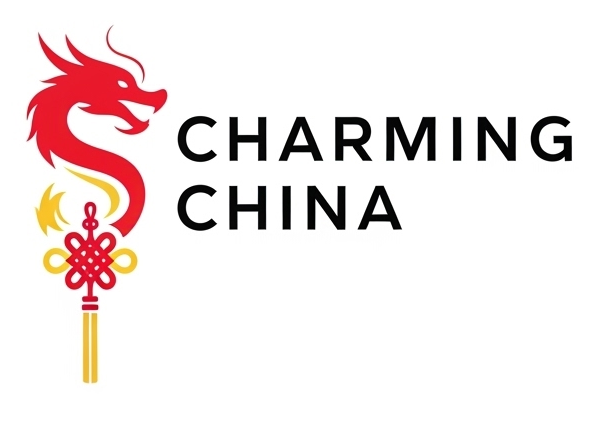Seasonal Festivals
Seasonal festivals in Chinese culture are deeply rooted in the lunar calendar and the changing rhythms of nature. These celebrations mark key transitions in the year—welcoming spring, honoring ancestors, celebrating harvests, and preparing for winter. Each festival carries rich symbolism, family rituals, and regional customs that reflect thousands of years of cultural wisdom. To follow the seasons is to live in harmony with heaven and earth.
Spring Festival (Chinese New Year)
- Time: 1st day of the 1st lunar month
- Themes: Renewal, family reunion, good fortune
- Traditions: Red decorations, firecrackers, dumplings, red envelopes
- Symbolism: Marks the start of the lunar year and the zodiac cycle
Lantern Festival
- Time: 15th day of the 1st lunar month
- Themes: Light, unity, joy
- Traditions: Lantern displays, riddle games, sweet rice balls (tangyuan)
- Symbolism: Culmination of New Year celebrations, symbolizing brightness and hope
Qingming Festival (Tomb Sweeping Day)
- Time: Around April 4–6 (solar calendar)
- Themes: Remembrance, renewal, nature
- Traditions: Visiting ancestral graves, offering food and incense, spring outings
- Symbolism: Honoring ancestors while embracing the vitality of spring
Mid-Autumn Festival
- Time: 15th day of the 8th lunar month
- Themes: Reunion, gratitude, harvest
- Traditions: Moon gazing, eating mooncakes, lighting lanterns
- Symbolism: Celebrating family unity and the fullness of life
Winter Solstice Festival
- Time: Around December 21–23 (solar calendar)
- Themes: Balance, endurance, warmth
- Traditions: Eating dumplings or tangyuan, family gatherings, honoring ancestors
- Symbolism: Welcoming longer days and the return of light
Cultural Significance
- Lunar Calendar Alignment: Most festivals follow lunar or solar terms, reflecting agricultural cycles
- Family & Community: Seasonal festivals are moments of reunion, reflection, and shared joy
- Symbolic Foods: Each festival features dishes with deep meaning—mooncakes for unity, dumplings for wealth, rice balls for completeness
- Spiritual Connection: Many festivals include rituals to honor ancestors, deities, and natural forces
Seasonal festivals are not just holidays—they’re cultural anchors that connect people to time, tradition, and each other.
Seasonal festivals in Chinese culture offer a poetic way to live in sync with nature’s rhythm. They invite us to pause, reflect, and celebrate life’s transitions with intention and joy. Whether lighting lanterns or sweeping ancestral tombs, each moment is a step in the dance between heaven, earth, and humanity.
